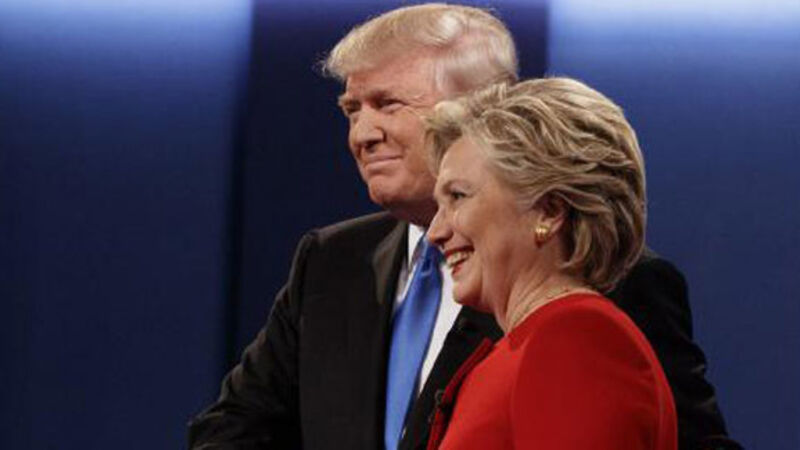Do debates help or mar democracy? - Presidential debate on television

One of those fell 56 years ago this week, on September 26, 1960. John F Kennedy, a young, Catholic and relatively unknown Irish-American — each characteristic a disadvantage — engaged Richard Nixon in the first televised debate between American presidential candidates. Conventional wisdom believes Kennedy secured the presidency that evening more by his persona and performance than his policies.
Nixon was underweight, seemed sickly, sweaty, shifty, and needed a shave. Kennedy was calm and confident. Just hours earlier had worked on his tan basking on a hotel roof. His smile was film-star radiant and he was impeccably dressed. Those who followed the debate on radio thought Nixon had won but technology had disenfranchised them. They were in a minority. By then 88% of American homes had televisions — up from 11% in a decade — and the great majority of the estimated 74m who watched rather than listened believed Kennedy the clear winner. The impact was immediate. The following day, at a rally in Ohio, the crowds cheering JFK’s motorcade were bigger than any seen previously. The rest is American, and ultimately our, history.











